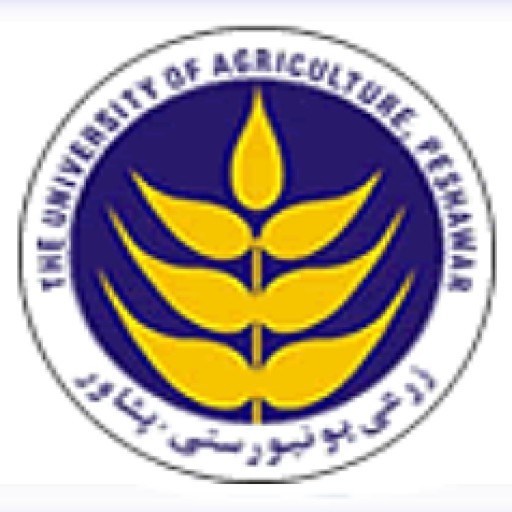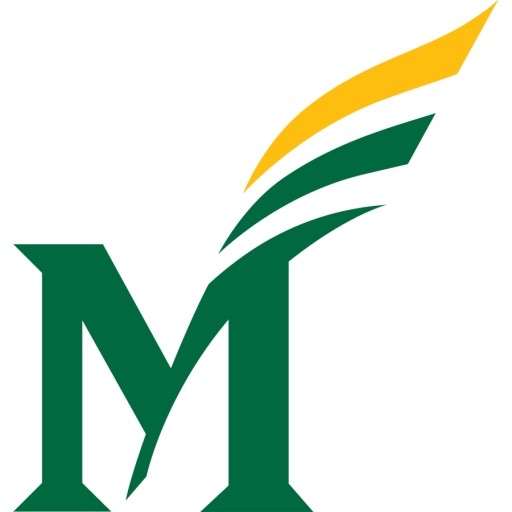Photos of university / #tilburguniversity
Are you an excellent student and interested in conducting scientific research in the social and behavioral sciences? Then this is the Master program for you! The Research Master's program provides talented young researchers from all over the world with the tools they need to conduct fundamental scientific research in the field of social and behavioral sciences.
Our Research Master in Social and Behavioral Sciences is unique in the Netherlands, offering an interdisciplinary approach by integrating the different perspectives offered by social psychology, sociology, organization sciences and methodology to the study of human social behavior.
During this two-year English-taught Master of Science program, you will follow state-of-the-art courses, led by the best researchers in the field. You will be involved hands-on in their research area, actively participating in innovative projects and internships.
This Research Master in Social and Behavioral Sciences offers one major in Individual in Social Context and a choice from one of three minors in:
The program is challenging and intensive. For that reason, the number of places available on this program is limited to 30, ensuring that only talented applicants, with strong analytical skills, a good academic record, and with a strong motivation for scientific research, are successful.
The major Individual in Social Context focuses on individual behavior in three types of social contexts; social psychology, sociology, and organization studies. Each context is studied separately, but also in connection to the other contexts.
The three contexts are studied in three different content courses - each of which takes one context as its focus and relates it to the other two - and two methodology courses, which connect the contexts and studies them from both a content perspective and a methodological perspective. In addition, the major also offers two statistics courses and a skills course - writing scientific articles and presenting research.
In their first year, all students start with the major Individual in Social Context. You will choose one of the three minors at the moment of application.
Major Individual in Social Context
The major Individual in Social Context focuses on individual behavior in three types of social contexts; social psychology, sociology, and organization studies. Each context is studied separately, but also in connection to the other contexts.
The three contexts are studied in three different content courses - each of which takes one context as its focus and relates it to the other two - and two methodology courses, which connect the contexts and studies them from both a content perspective and a methodological perspective. In addition, the major also offers two statistics (Methodology & Statistics) courses and a skills course - writing scientific articles and presenting research.
In their first year, all students start with the major Individual in Social Context. You choose one of the three minors at the moment of application.
Minors
Students specialize in an area of the social and behavioral sciences by choosing one of the three minors:
- Minor Social Psychology
- Minor Social Sciences
- Minor Methodology and Statistics
All minors have the same structure but offer courses that are specifically tuned to the particular minor.
Each minor offers four content courses; students need to follow three out of four. The third course can be chosen from the courses offered by any one of the three minors.
Every minor has a specialized statistics course that will teach you advanced statistical techniques related to the specific field of research the minor covers. A largest part of each minor consists of research skills and activities: Students learn everything there is to know about doing scientific research by means of a hands-on approach. This entails taking part in research of the research groups involved in the research master and doing your own research supervised by a researcher from these groups.
The specific activities are: international traineeship, intern traineeships, visiting seminars and colloquia, learning about ethics, writing a First-Year Paper and the Master Thesis, the latter two involving doing actual research. For more information and the curriculum please visit our website.
Tilburg University Scholarship for Academic Excellence
For the academic year 2014-2015 Tilburg School of Social and Behavioral Sciences has 8 scholarships available for excellent international students who are admitted to a Master's program at our School.
The Tilburg University Scholarship for Academic Excellence includes:
· A scholarship of 5000 for living expenses;
· A partial tuition waiver
For whom?
To qualify for a Tilburg University Scholarship for Academic Excellence, you must fulfill the following admission requirements, in addition to the regular requirements for admission to a Master's program:
· Candidates must have graduated with an average result of at least 8 (out of 10) in their relevant (under)graduate program or graduate in the top 10% of their class.
· Candidates should provide a motivation letter.
· Candidates must have been admitted to one of the graduate programs at
Tilburg University.
· Candidates must be newly enrolled at Tilburg University
Selection criteria
On the basis of the following selection criteria, the selection committee of each school will select the recipients of the Tilburg University Scholarship for Academic Excellence:
· The academic results in the relevant (under)graduate program
· The quality and content of the motivation letter
· The language test score
Tilburg University strives for a balanced participation in terms of nationality.
Duration
Tilburg University Scholarships for Academic Excellence are awarded for one academic year. Candidates applying for one of the Research Master programs will have to apply for the scholarship again for their second year of their Research Master program.
Application procedure
To apply for a Tilburg University Scholarship for Academic Excellence you should:
1. State in the application form that you graduated with an average result of at least 8 (out of 10) in a relevant (under)graduate program or graduate in the top 10% of your class.
2. Download the motivation letter
3. Send the motivation letter together with your application for the Masters program before the deadline of 1 April 2014.
Accreditation
Accredited by NVAO









